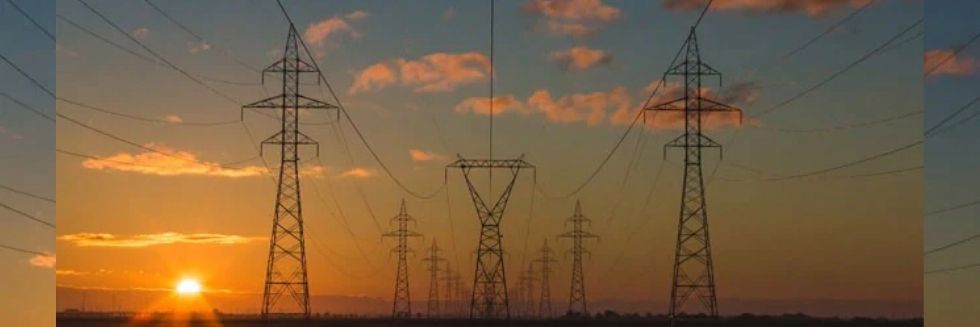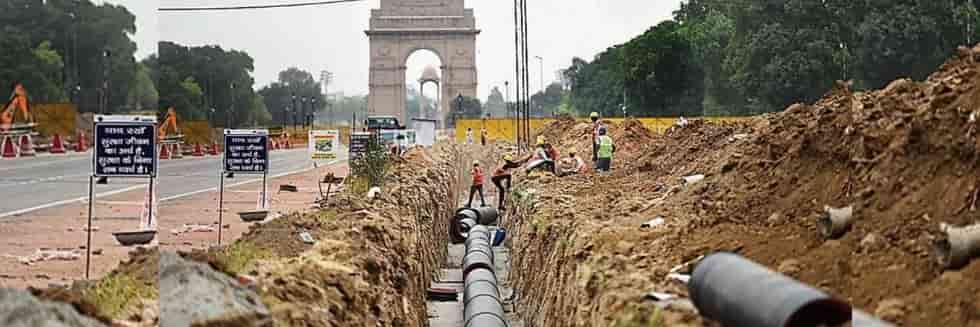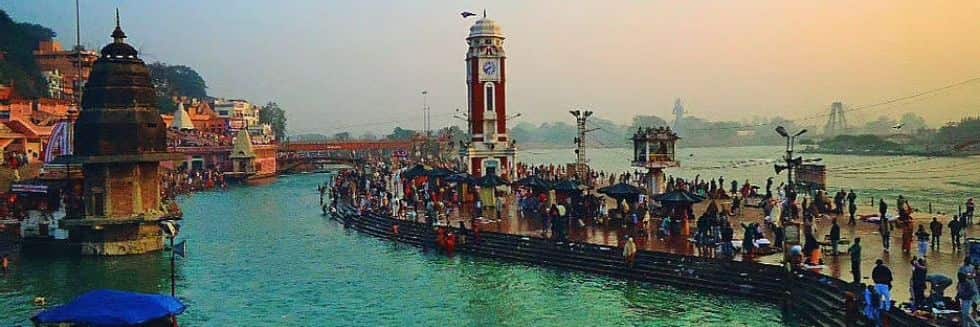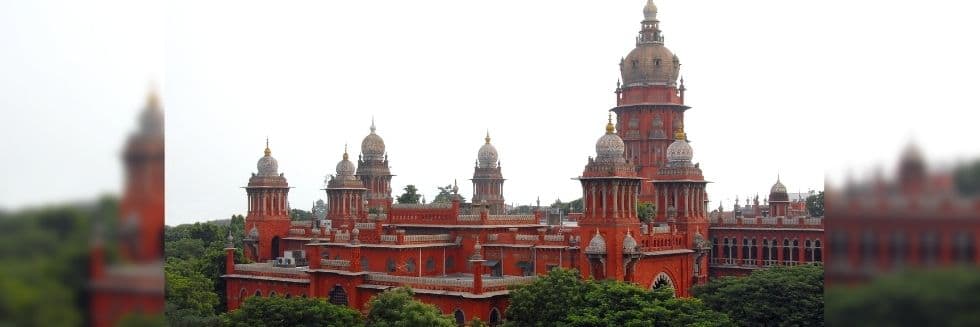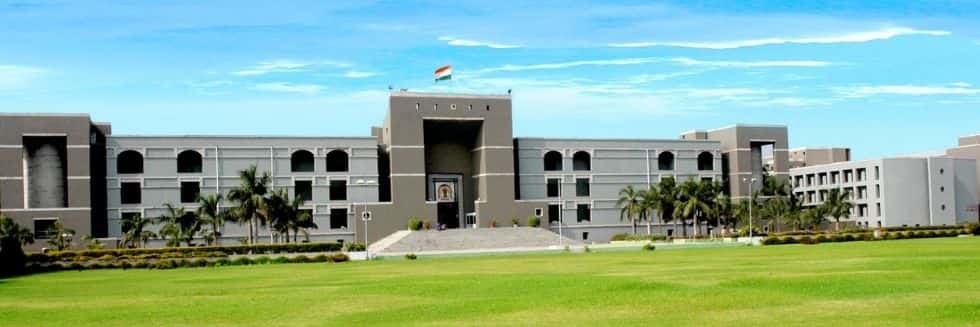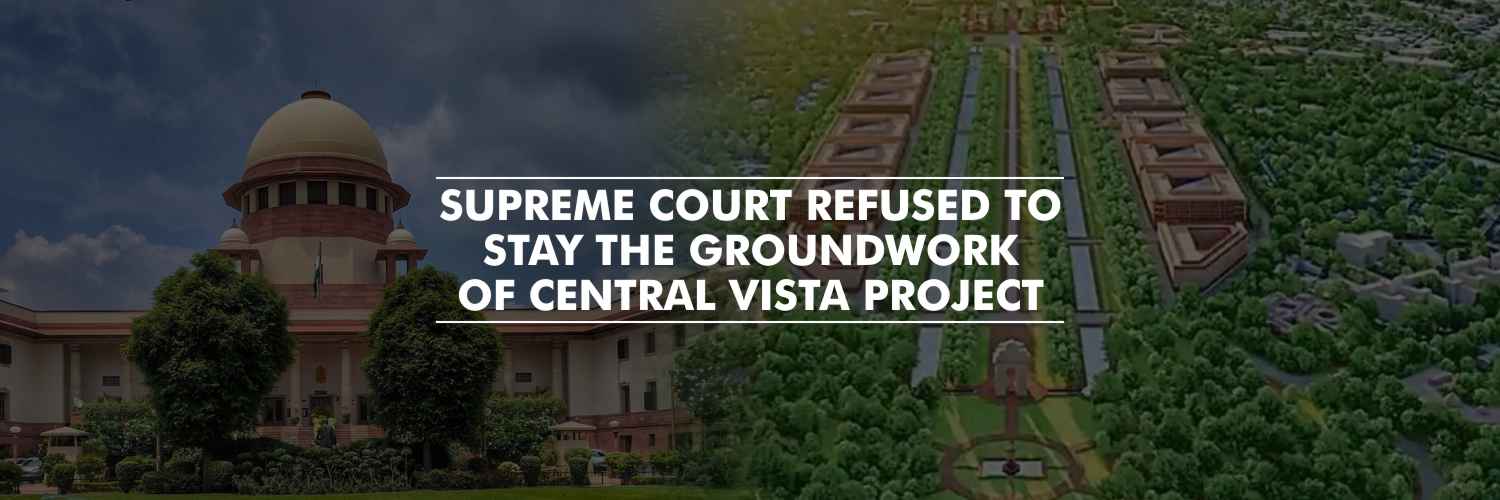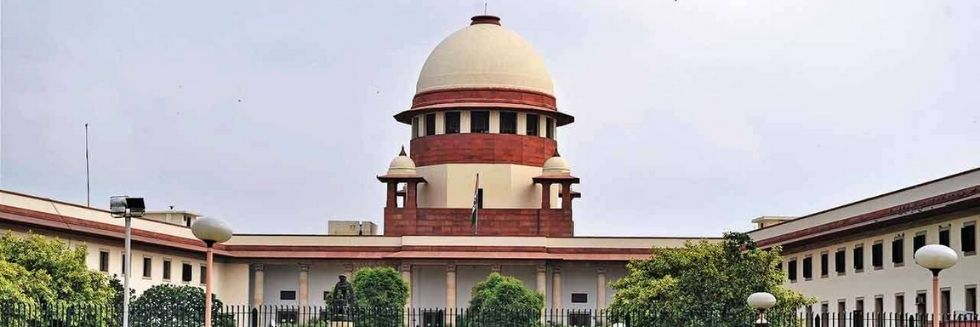Punjab and Haryana High Court raps Chandigarh administration while expressing that they are unable to understand its unseemly hurry to hand over the profit-making electricity wing to a private entity when the whole world is grappling with the deadly virus.
The court also said that this electricity privatisation was in direct conflict with the nation’s agenda of “Sab ka Sath Sab Ka Vikas”.
The division bench of Justice Jitendra Chauhan and Justice Vivek Puri noted, “With great pain and anguish, it is recorded that we are unable to reconcile with the fact that when the whole world is grappling with the deadly virus, when there is no oxygen, no ICUs, a long queue at the cremation grounds and no place in the hospitals, the undue hurry on the part of the administration to hand over the profit-making department to a private entity at this stage of the history, and in this crisis faced by the mankind, seems to be misplaced.”
“We feel that privatization is not a panacea to all the ills and privatization with the blind motive of so-called efficiency falls flat as this department is not only a profitable one but has also time and again matched the high standards of customer satisfaction, and has a big role in maintaining the City Beautiful,” the bench said.
The matter will now be heard on August 18, 2021.
The petition was moved by UT Powermen Union through Senior Advocate AK Chopra, and Advocate Akshit Chaudhary challenging Special Secretary Engineering, UT’s communication dated April 19, 2021 which issued directions to the Deloitte Touche Tohmatsu India LLP, Gurgaon (Transaction Advisor appointed by UT) to fast track the process of privatisation in Chandigarh.
The petitioners informed the court that a representation was moved on May 3, 2021, and approached the Advisor to the Administrator and Chairman, Disaster Management Committee, Chandigarh seeking directions to halt the privatisation process till the matter was finally adjudicated.
The Union also raised concerns that medical and other logistic infrastructure set up in UT including premier medical institutes such as PGIMER, GMCH-32 and GMSH-16 will not be able to function without electricity supply. The petitioner also drew attention to the plight of the electricity department employees and their contribution to the fight against Covid-19 by ensuring the continuous electricity supply amid such hard times.
However, the UT administration called the petitioner’s apprehensions totally wrong and baseless and prayed for the dismissal of the petition.
The bench also noted that the engineering Wing of the UT administration was akin to Public Sector Undertakings (PSUs), which were created by the Government of India to make a self-sufficient nation and to become the master of our own destiny.
The bench further added, “While inaugurating the Bhakhra Nangal Dam in October, 1963, Prime Minister Nehru christened it as ‘the temple of modern India’. The philosophy behind establishing the same was to end India’s dependence on the rest of the world.”
“It is not clear as to what was the intended purpose of setting up the Engineering Wing, UT, and whether the Engineering Wing has failed to achieve the same. This is the positive case of the petitioner that when the department is a profit-making organization, it is not covered under the scheme ‘Atamnirbhar Bharat Abhiyan’ or ‘Self -Reliant India Mission’,” the bench said.
Replying to the submission made by the Union of India that the privatisation move was to make India “Atamnirbhar Bharat”, the bench said, “If the argument on behalf of the respondents is to make India ‘Atamnirbhar Bharat’, we are at a loss to understand that what can be more ‘Atamnirbhar’ than an institution made in India, by Indians, operationalized by Indians, creating jobs for Indians and enriching the Indian state with its profits. We also feel that the idea of establishing such wings is an egalitarian one with the aim to include those sections of society that need a helping hand.”
“The philosophy of inclusion, as envisaged by Dr. Ambedkar in the Preamble, also included the concept of ‘Economic Justice’. To achieve this ideal of Constitution as wished about by one of the greatest makers of this country, especially in such precarious times that we live in, it becomes imperative upon the administration to safeguard such institutions that protect the security of the livelihood. They provide a security net for the society to fall back upon, for the poorest of the poor to dream of a better future, for the person at the end of the line to be aspirational so that he too can be part of the Indian dream. All this indicates a social motive and not a profit motive,” the division bench said.
